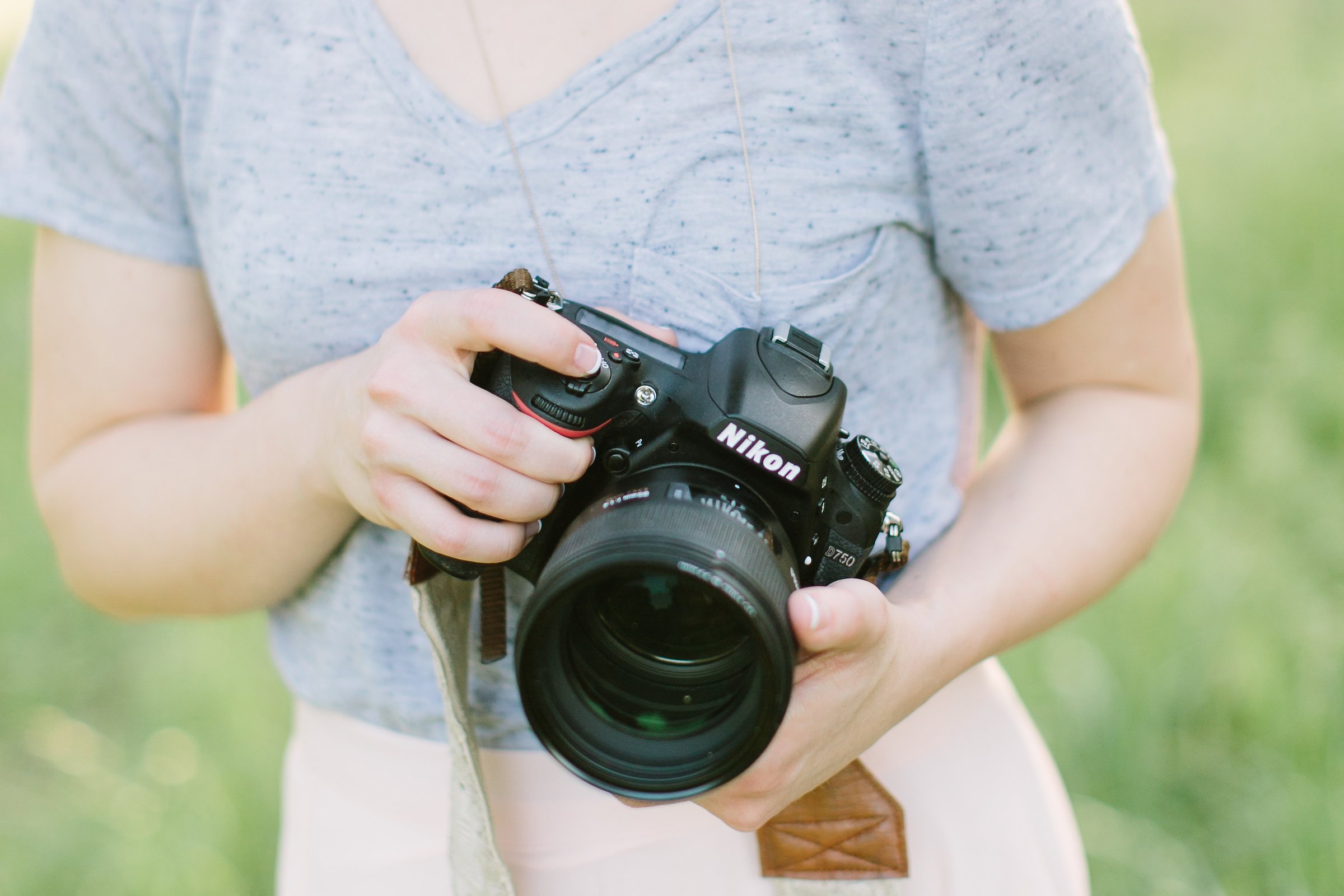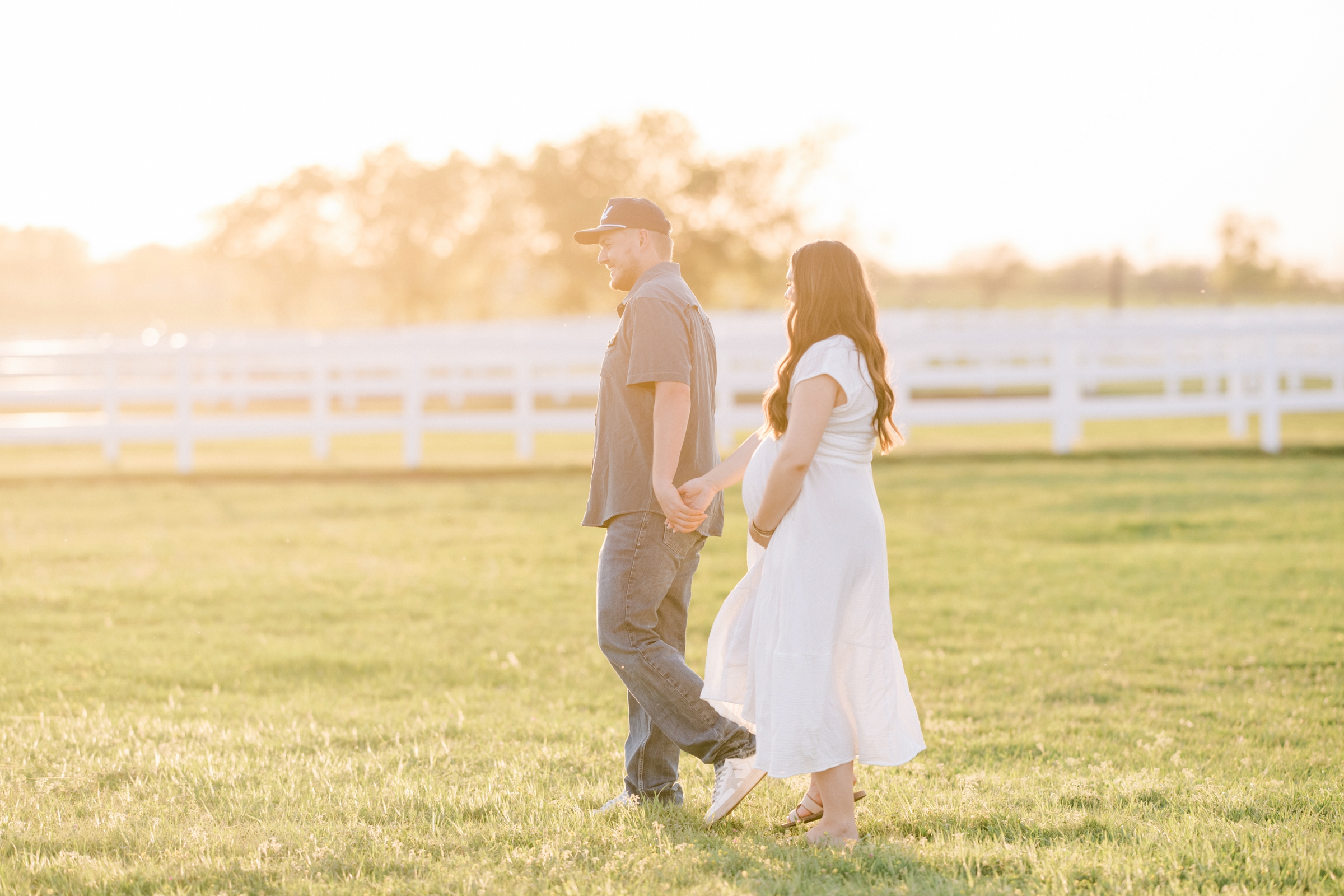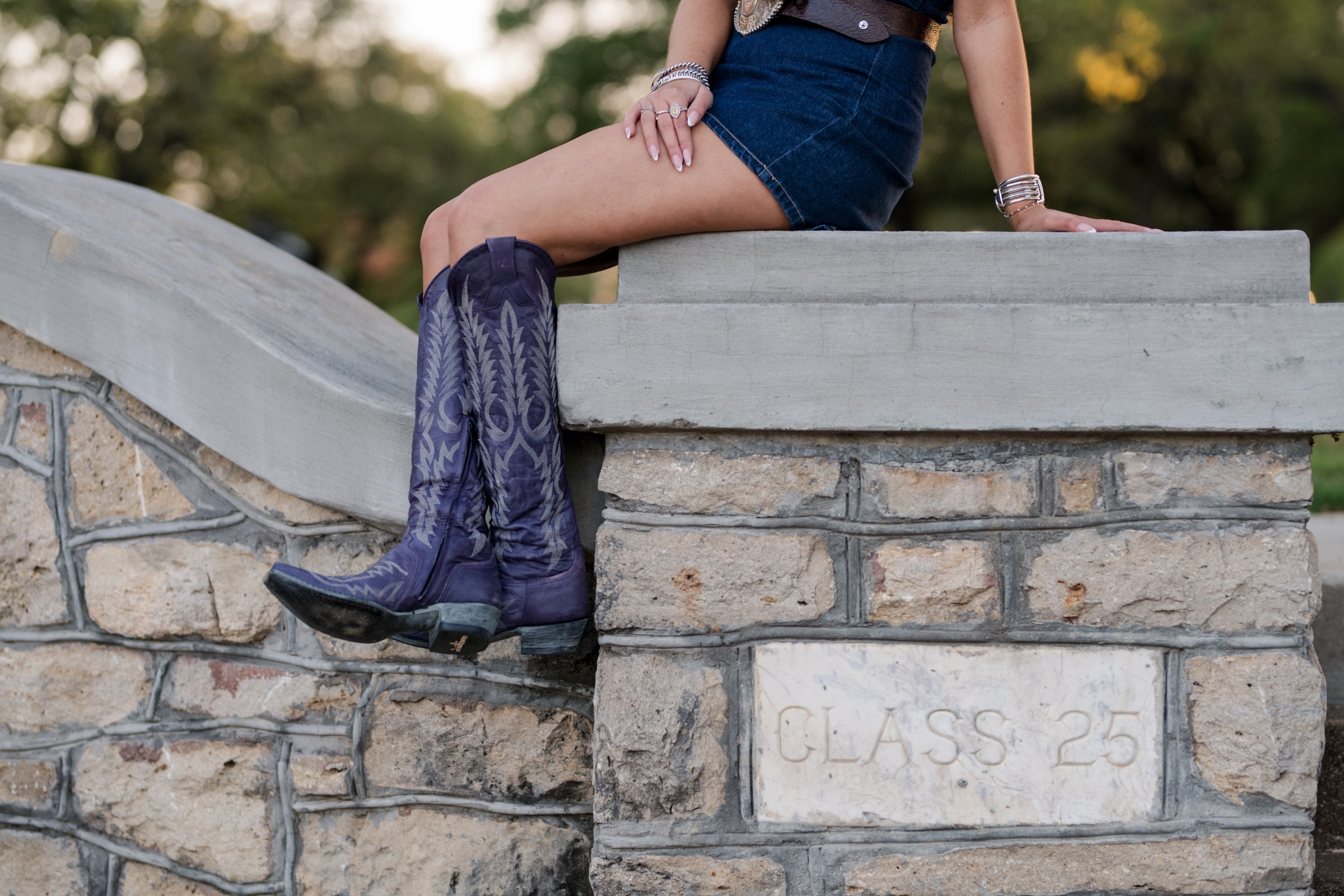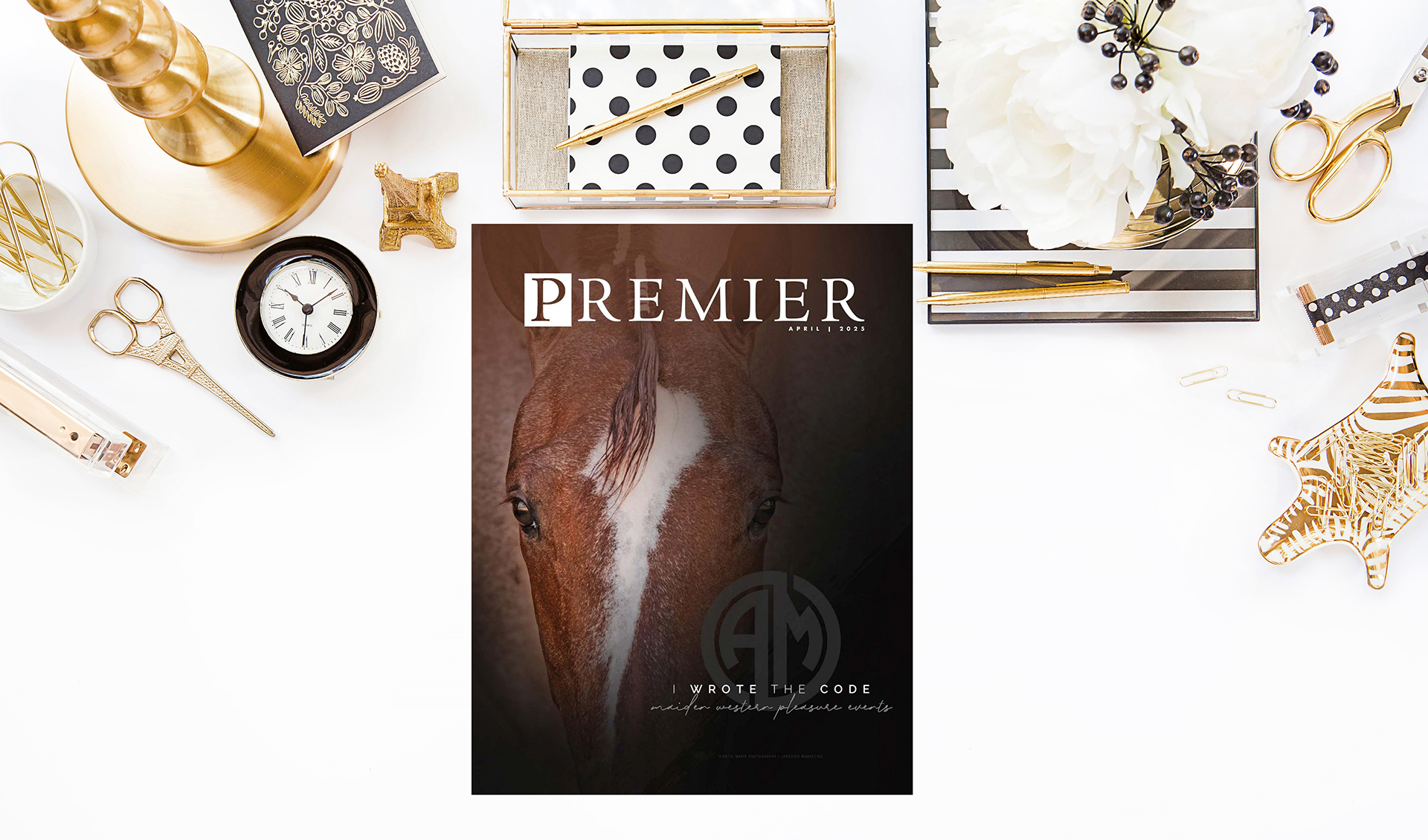I’ve been on both sides of the camera, so I’ve felt it myself: the camera lens rises to capture me and my insecurities skyrocket. There is something about a portrait that seems concrete and everlasting. Even while hiding under my professional hair and makeup, it might tell the truth and expose me.
I have photographed hundreds of women over the last decade. Generalizing in a broad stroke, I’ve found that some of the most beautiful women in front of my lens can also be the most self-sabotaging. The words women say about themselves and the lies they believe wreck me.
Young girls (under 10 years or so) begin with such confidence. They dance around in front of my camera with charisma feeling beautiful. By middle school age, I’ve noticed sometimes self-awareness creeps in, and they seem to care deeply about the thoughts of others around them.
Too many precious high-school and college girls come to me with more pronounced insecurities, including eating disorders and body dysmorphia. As they mature, women seem to complain to me about scars, wrinkles, and weight that didn’t use to be there. They seem hyper-aware that their body is changing through age and feel some need to apologize for that or justify it.
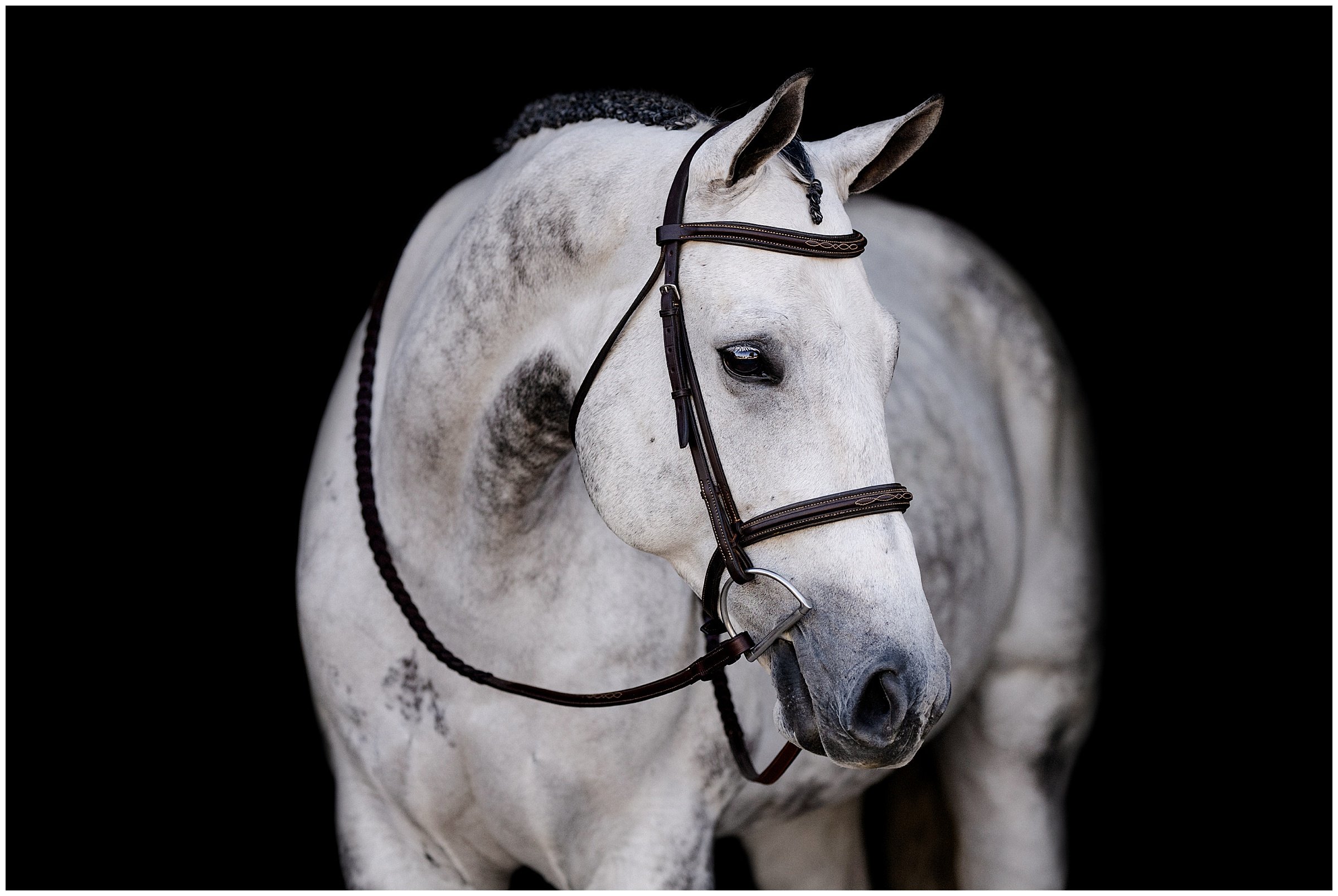
“You can photoshop that, right?” Is such a seemingly innocent statement that truthfully carries more weight. Women tear themselves down, they feel bad about how they look, they ask me to edit out their perceived flaws—and sadly, the more mature the horsewoman, the more insecure some can be about their bodies and features in front of the camera.
There’s a quote I love: “Everyone thinks their horse is the most beautiful, and none of them are wrong.”
Is every horse perfect? Certainly not. Is every horse beautiful? Absolutely. God talks about how He gives each horse their strength and flowing mane in Job 39, and I think it is so easy to see the beauty God instilled in horses every time I am near them. Every scar, every hay belly, every blemish—they remain beautiful despite these cosmetic flaws. In Genesis, God spoke with his voice and created horses (and the rest of the universe) that were beautiful, but He made humans differently. God formed the man of dust from the ground and breathed into his nostrils the breath of life, in the likeness of God. Psalm 139:13 says God knit me together in my mother’s womb, and Luke 12:7 says the hairs on my head are numbered. If only we could see ourselves the way we look at our horses? What if we see ourselves the way God sees us?
Undoubtedly, there is a cultural issue, because beauty is culturally and arbitrarily defined. I think it’s been intensified by the rise of social media and influencers. Celebrities and influencers have access to apps like Facetune, and so many alter their faces and bodies with filters. We are inundated with a doctored image of the “ideal” woman who doesn’t even exist. Still, many women feel bound to an impossible standard of physical appearance.
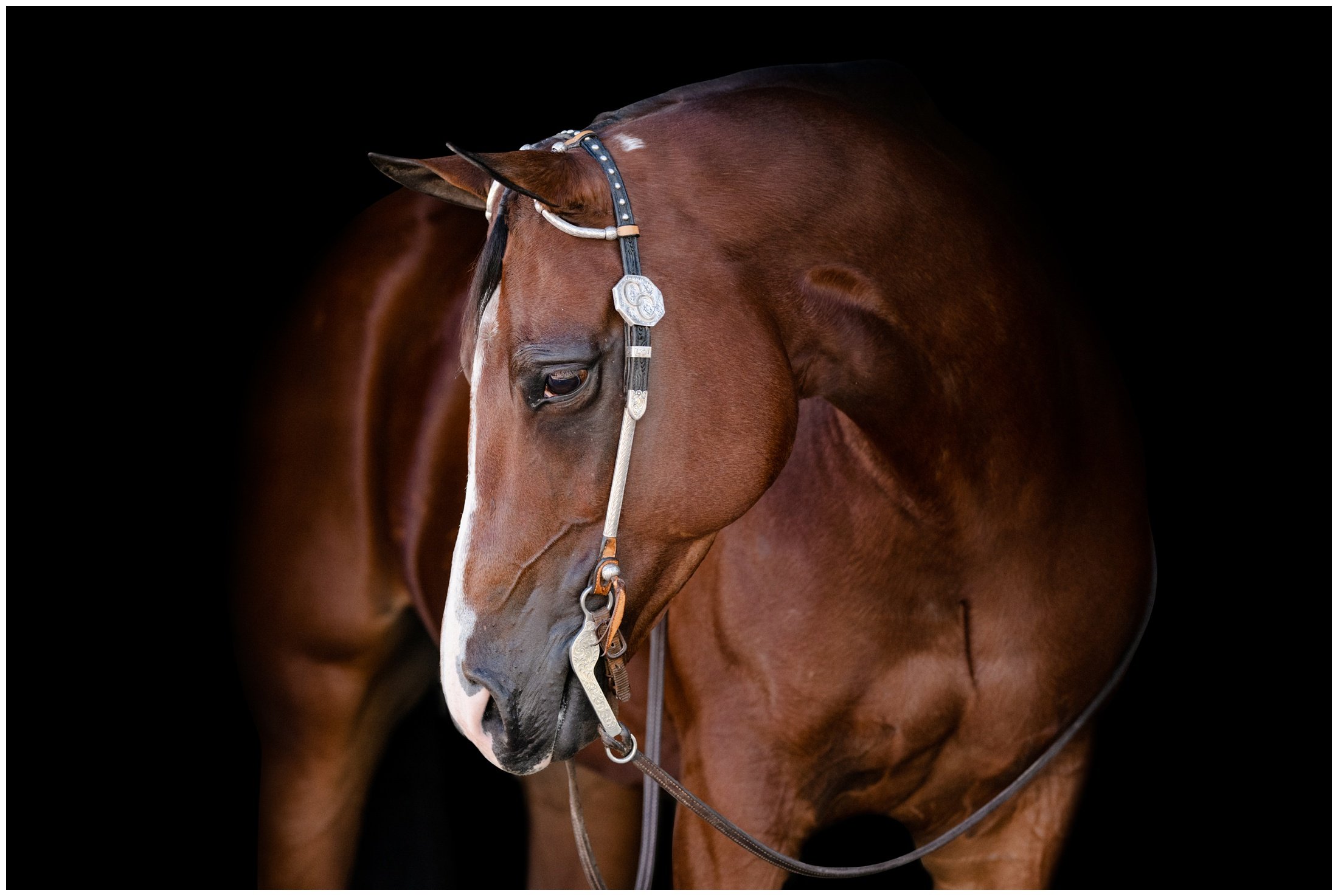
In our equine industry, there’s an emphasis placed on the way you look on a horse, and a certain (read: thin) aesthetic gets rewarded by judges. This standard isn’t unique to horse riding, it can be found in gymnastics, dancing, figure skating, and other judged sports as well. There is a standard by which we feel we need to conform, to the point that coaches and horse trainers make comments to girls of all ages about the way they look. Some of these messages are covert—an undertone that might not be spoken about directly, but unfortunately I’ve seen an overt message exist too, where some coaches tell riders explicitly what their body needs to look like.
This ideal picture—an aesthetic to aspire to—of a rider’s tall, slim body spans every discipline. It’s not unique to Quarter Horses. It’s prevalent in the hunter-jumper world, and the dressage world too. Even in speed events that aren’t judged there can be this culture of wanting to be thin and look thin on the horse when it doesn’t affect your placing. This is a far-reaching message.
From my side of the lens, there are a few things I want to make sure you know deep down to your core:
- Nobody is as critical of your body as you are. When we look in the mirror, we see every single flaw, whereas when other people see you, they see your strengths, your beauty and your uniqueness. The lens that we see ourselves with can be so critical, and so damaging, and nobody else sees you that way. Need proof? Watch this video about when Dove Campaign for Real Beauty hired a criminal sketch artist to draw women as they see themselves and as others see them. This social experiment proves that women’s perceptions of themselves were vastly different than how others view them.
- Each one of us is uniquely made in the image of God. We are wonderfully and fearfully and beautifully made by a God who makes no mistakes (Psalm 139:14). To dwell on your imperfections is to accuse a perfect God that he messed up. Instead of changing our bodies to conform to a man-made standard, we need to celebrate our differences as the mark of God’s master plan. There’s no mold, no size measurement, no number on the scale, or a proportion of your lips that is correct. He made us unique in order to be different. He made no mistake, and the thoughts that tell you otherwise are lies.
- No matter what life stage you’re in, celebrate where you are, and love yourself wholly and fully. Bodies change. Your body is worth celebrating, worth loving, and worth remembering exactly how it is right now.
- Fix your eyes on Jesus. I believe that changing our view of ourselves is so much less to do with us, and so much about fixing our eyes on Christ. The heart is deceitful above all things (Jeremiah 17:9) and we must hold every thought captive to make it obedient to Christ (2 Corinthians 10:5). You do not need to believe every thought you think about yourself, but I don’t think you can fix your self-image by simply correcting the negative self-talk and replacing it with positive affirmations. In order to know who you are, and in order to truly love yourself, you have to take your eyes off of yourself and look up to Christ. The only way to fully overcome the problem is to have our beliefs about ourselves transformed by the Holy Spirit. As Heather Davis Nelson says in the Journal of Biblical Counseling:
In pursuing worldly beauty, we strive to become this elusive image in place of who we really are. You and I are created in the image of the living God. Our purpose is to reflect His image to the world. But since the fall, we let the world inscribe its image on us. It is the very picture of sin and ultimately death. Instead of being transformed to God’s image, we conform to the world’s image. We are hopelessly stuck in a lifeless cycle, exchanging God for the creature as our object of worship. But God in His mercy rescued us! In love, God sent Jesus Christ to take on the consequences of our idolatrous affair. He became sin so that we might become righteous. In Christ, God gives us freedom from sin’s power now and hope for its eradication in heaven. God makes you beautiful with the beauty of His Son, Jesus. It is in gazing at God’s image in Jesus Christ that you are transformed. Romans 12:1-2 says, “Therefore, I urge you, (sisters) in view of God’s mercy, to offer your bodies as living sacrifices, holy and pleasing to God—this is your spiritual act of worship. Do not be conformed any longer to the pattern of this world, but be transformed by the renewing of your mind.”
- Love others around you. Personally, I have found it is hard to hate yourself when you put yourself in a position that is serving others, loving others, and focusing on being a blessing to the lives of others. Try replacing negative self-talk with positive, sacrificial action.
- I also think it’s so important to remember why we’re doing this. When you live and operate inside of the horse show world, it’s really easy to lose touch with reality. I think the Lord has given us a competitive drive, and so much good can come from that. But in the same breath, we shouldn’t sacrifice our physical and mental health for a hobby where we pay people for their opinion of us. Be competitive, but remember that you love the sport for the animal and the amazing people in this industry.
- Remember why you got into horses. Remember that eight-year-old girl who fell in love with her pony. Get back in touch with who you are, and what you’re doing with your horses. Regaining that perspective can help when you’re in the thick of it, competing at a major horse show. Especially if you’ve had negative experiences, or you’re not winning, it can feel like the end-all-be-all.
- Surround yourself with the right people. If you’re part of a toxic barn environment, surrounded by other riders who may be a negative influence or coaches or trainers who aren’t uplifting and helping you reach your goals in a positive and healthy way, try to get yourself out of those situations. Look for a healthier environment at a training stable or boarding facility. We must hold this industry to a higher standard. We must celebrate diversity.
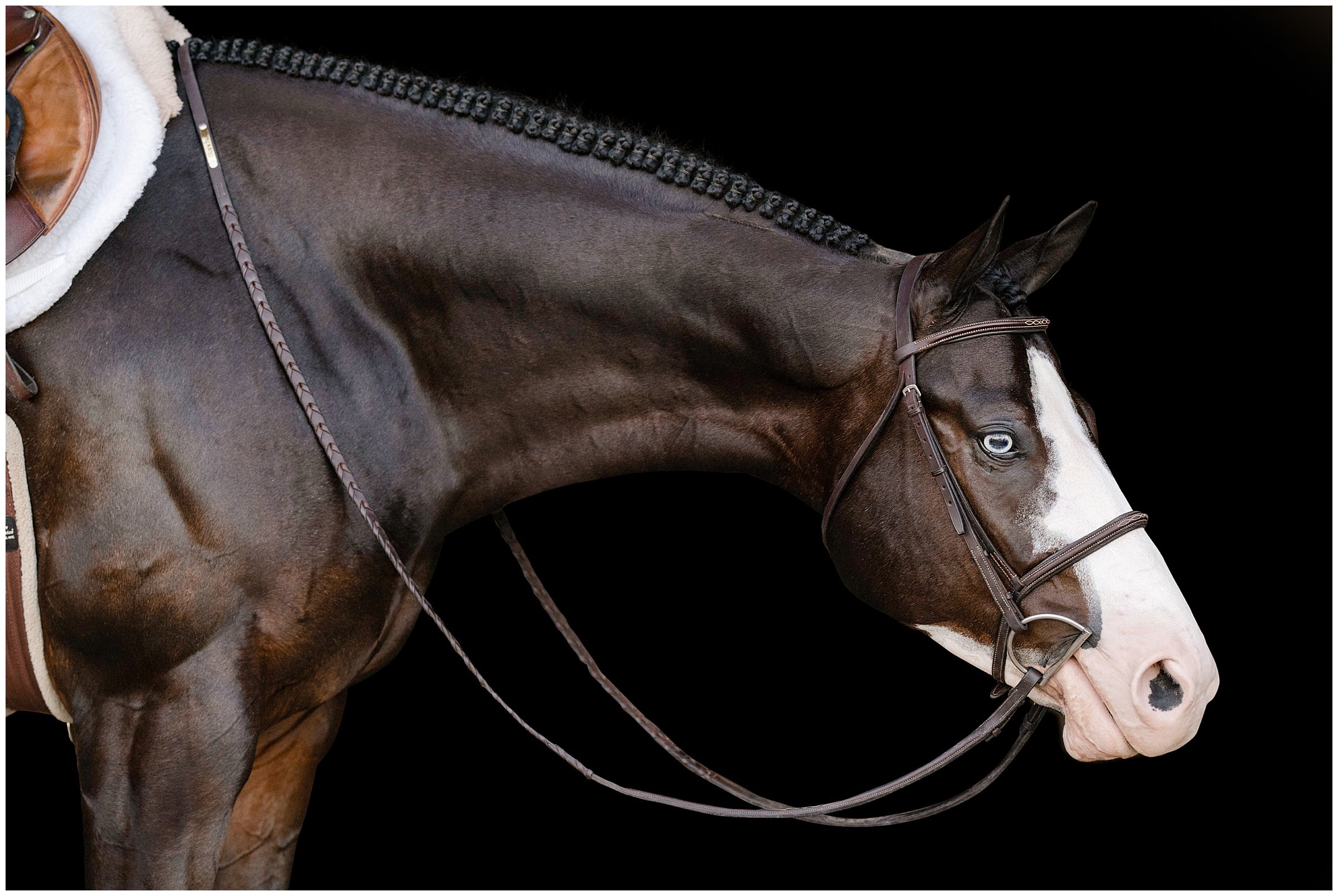
By definition, body image refers to how we see ourselves. Each one of us has a desire to look in the mirror and like what we see. Yet globally, only 4% of women consider themselves beautiful. The root of this? Trying to please others and have them think we’re beautiful, sexy, confident, and strong. We fear the judgment of other people when the affection of other people is a very fickle thing.
The solution? Christ alone brings contentment and freedom from condemnation. Christ brings peace. The achievement of a culturally ideal body type or the approval of friends will never give the satisfaction we crave. It will never be enough for your heart. Seek your approval from God, who already bought you at the highest price: the death of His only Son. Romans 5:8 says, “But God demonstrates his own love for us in this: While we were still sinners, Christ died for us.” God’s love for us is unchanging because it’s based on him, not on us.
You, my friend, are beautiful. I’m praying you believe that.

